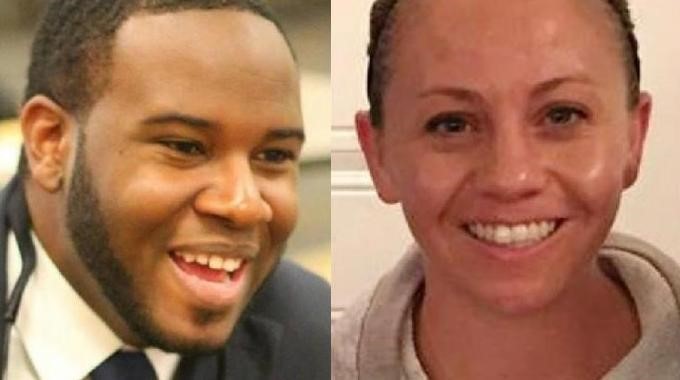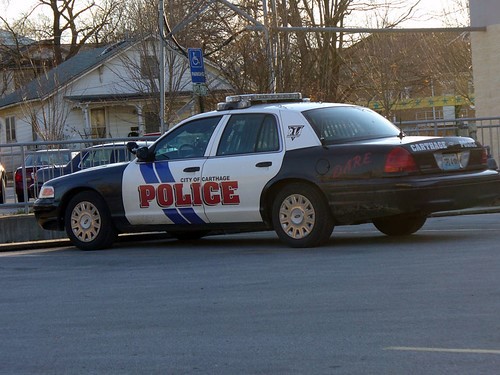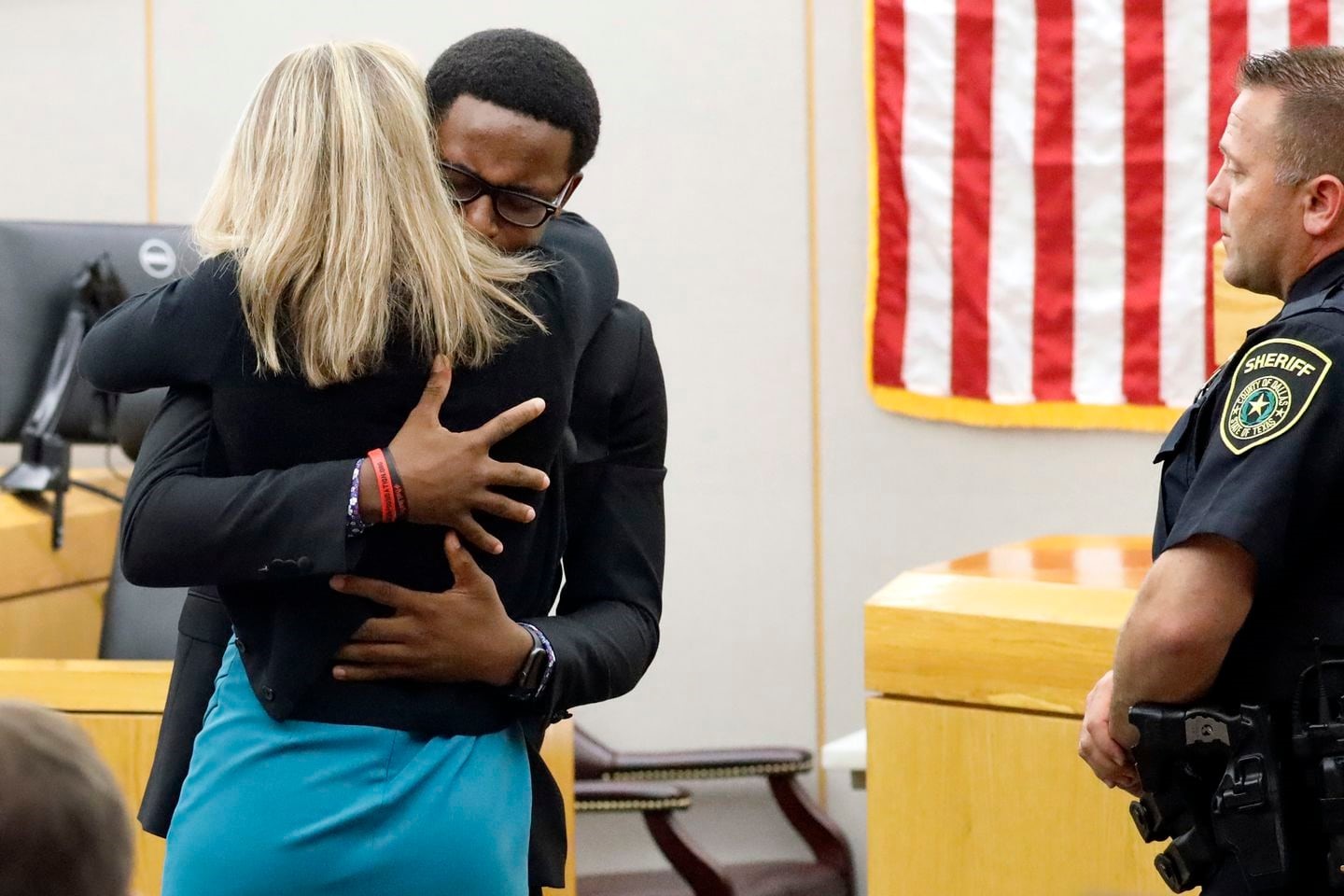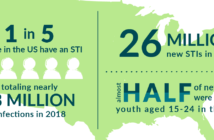By: Gracie Swind, Contributing Writer
On the night of Sept. 6, 2018, in Dallas, Texas, Amber Guyger, a police officer off-duty, walked into Botham Jean’s apartment. After mistaking the apartment as her own, and assuming he was an intruder, Guyger shot and killed 26-year-old Botham Jean.
In the original trial, Guyger was found guilty of manslaughter. However, on Oct. 1, 2019, a new jury found Guyger guilty of murder, and she was sentenced to 10 years in prison after controversy online and in the Dallas community sparked a re-trial.
Stories like this one are rare, and thankfully so. While many choose to highlight the race dichotomy of the case, with Guyger being white and Jean being black, the details of the story are far deeper than a white officer shooting an unarmed black man.

Botham Jean (left) and Amber Guyger (right), were building neighbors. Jean had rented the apartment directly above Guyger’s.
Jean’s death was a tragedy, no one, least of all Guyger, disagrees with that.
In her statements to the court, Guyger spilled her own emotions, saying, “I hate that I have to live with this every single day of my life. … I ask God for forgiveness, and I hate myself every single day … I wish he was the one with the gun who had killed me. I never wanted to take an innocent person’s life.” (Quote courtesy of FOX59.com)
Guyger made a mistake, followed by a fatal judgment call, one that cost an innocent man his life. This example of such tragedy goes far beyond the scope of police misconduct, but its roots lie with the same principles: judgment. Thankfully not all instances of police misconduct are nearly as devastating.
“Misconduct is the intentional disregard to a rule, a procedure, a policy, or a law,” said Dr. Robert Diemer, Director for the Department of Public Safety Administration and tenured Saint Leo professor of sixteen years. “Through policy and procedure, it’s clearly defined as to what’s ethical and what’s not ethical…it goes from gratuities – accepting gifts – all the way down to criminal sanctions.”
Major police scandals and infractions like Guyger’s case are usually big news, but the most popular instances of police misconduct deal with excessive force, more commonly referred to as ‘police brutality.’ Often there’s confusion about whether or not force was warranted.
Dr. Phillip Neely, Department Chair-Associate Professor, has been teaching at Saint Leo University for twelve years, and his experience on the force gave him extensive insight on how police misconduct looks from the perspective of officers.

Police misuse of force is not always an intentional abuse, often it is simply a complicated or poor judgement call.
“Police officers are allowed to use force,” said Neely. “Any time I arrest you, I have to put my hands on you – that’s force, but the excessive force of that, the abusive force, is where the issue comes into play.”
“Your training can kick in,” Neely added. “You can’t charge [them]for doing what [they]thought was right, and that’s why courts don’t because if not, we’d put cops in jail every day.”
“You have to be warranted, and that’s one of the things that we teach in our classes here,” reported Neely. “We give you a lot of practical [application], so you can think outside the box. …These are real-life scenarios that most of us have been through to make sure that you have this practical application when you go out in the field.”
Dr. Neely finished by saying, “We want to make sure that…wherever you go, you’re well-prepared, and we’ve given you our best.”

Botham Jean’s brother, Brandt Jean, hugged Guyger during the sentencing, promising that he forgave her. Photo Credit: @washingtonpost
It’s a delicate balance that officers have to master in order to do their job effectively, lawfully, and ethically, one that is often taken for granted by the public. Officers have a difficult job, one that is very stressful and dangerous; the results of their work conditions take no small toll on our men and women in blue.
“Understand that [the overwhelming majority]of those that are in policing do policing for the right reason and uphold the law in the way it’s supposed to be upheld, without bias,” said Diemer. “Unfortunately, with every bushel, there’s a bad apple.”

![“[It’s a Judgement Call]”: Police Misconduct or Police Brutality? Two women and a man crying.](https://lionsprideonline.com/wp-content/uploads/2019/11/of4-600x336.jpg)



